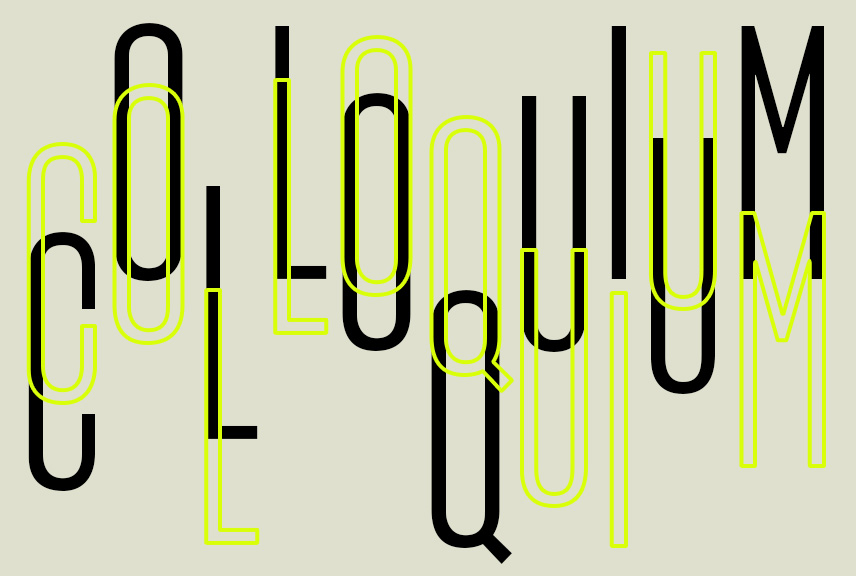Tackling the interface of xeno-design

For this colloquium session, Michaela Büsse, Junior Researcher at IXDM and PhD candidate in the ECAM program, will discuss concepts of her developing research project:
In the coming colloquium I’d like to discuss a text by Canadian artist & theorist Patricia Reed (Uncertainty, Hypothesis, Interface) which was very influential for the formulation of my research question. Over the course of the next 2-3 years it’s my aim to layout a design paradigm which takes into account non-human agencies such as machines and microorganism, open-endedness as well as ecological complexity. I argue that there is a correlation between the concept of the anthropocene and the human-centred approach to design, both circling around the human needs, desires and limitations. However, in the last decade, posthuman and ecocritical theories in favour of entanglement, situatedness, multiscalarity and proliferation of subjectivities are on the rise. Design, it seems, hasn’t yet reflected this shift but (mostly) follows an user-centred, synthesising and problem-solving attitude.
I’d like to propose xeno-design (xeno = alien, other) as a moving target rather than a solution to foster a cognitive shift away from an anthropocentric design paradigm towards a post-anthropocentric, more-than-human thinking and making.
Patricia Reed proposes that the relationship between the part and the whole, a constant movement between the local and the global, can help reflect on one’s own position in a system which is, in fact, of an unknown scale. Anthropocentrism is only one perspective and, as recent developments show, very likely to not be sustainable. The stereoscopic movement between the part and the whole, she specifies, should be facilitated by some sort of an interface. And she is not the only one who frames the derangement of the human as a design issue: According to Benjamin Bratton’s, “The Stack” should be read as a design brief to create “the stack to come” — a possible geopolitical reality in which planetary-scale computation is applied for the better.
But what are we talking about when we try to imagine such a post-anthropocentric design? How metaphorical is the interface? Are we talking tools, methods, strategies or mindsets?
I’d like to discuss different possible entry points for the practice-led research in order to close the gap between my theoretical investigation and what xeno-design cultures could be.
Wednesday, 25 April 2018
15.00 – 16.30
Critical Media Lab (D 3.05)
All are always welcome.
Colloquium Season Spring 2018
Info & Program
To get subscribed to the colloquium mailing list please contact Moritz Greiner-Petter.




